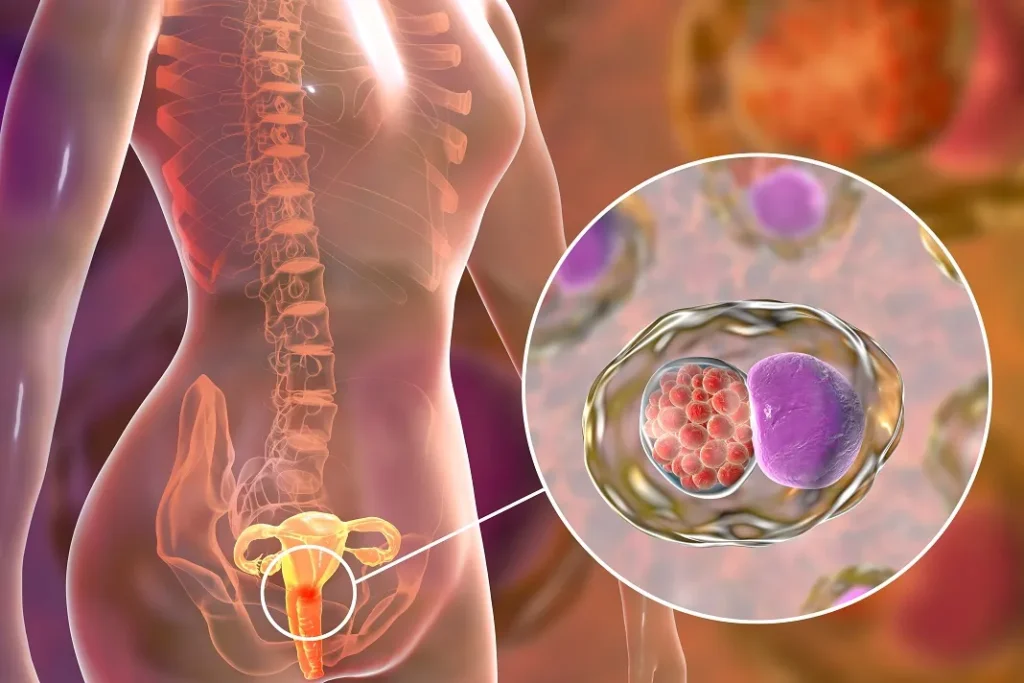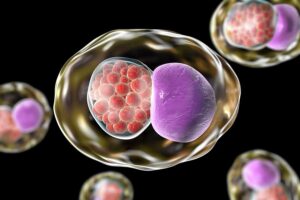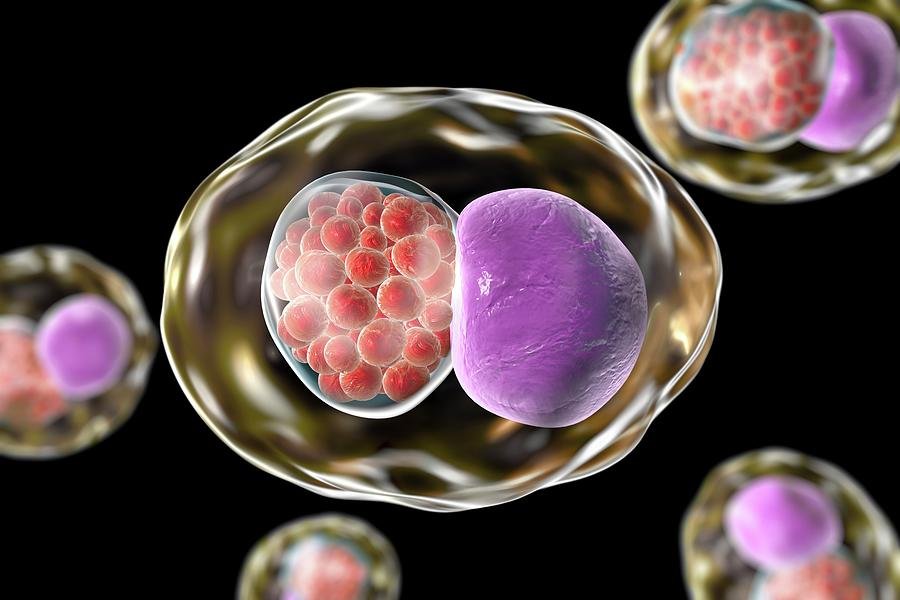
Chlamydia is a prevalent sexually transmitted disease that affects both men and women. It can irreparably damage a woman’s reproductive system. Later, it might be difficult or impossible to conceive.
Chlamydia may also induce an ectopic pregnancy (a pregnancy outside the womb), which is potentially deadly.
If you think that you might have chlamydia, it is important to get tested and treated as soon as possible. Chlamydia is easily treated with a course of antibiotics.
What happens if chlamydia is left untreated?
If chlamydia is left untreated, it can cause serious damage that can cause:
Women
Difficult or impossible to get pregnant
One of the most serious potential complications of chlamydia is infertility. Chlamydia can damage the fallopian tubes, which carry eggs from the ovaries to the uterus. This damage can block the tubes and prevent fertilization from taking place.
Ectopic pregnancy
An ectopic pregnancy is a pregnancy that occurs outside the womb. While this can happen in various locations, it most commonly occurs in the fallopian tubes.
This is a very dangerous condition and can be life-threatening. If not caught early, it can lead to the rupture of the fallopian tube and internal bleeding.
PID
Pelvic inflammatory disease (PID) is an infection of the reproductive organs that can occur when chlamydia is left untreated. This can cause scarring in the fallopian tubes and ovaries, which can lead to infertility.
It can also cause chronic pain in the lower abdomen.
Men
Epididymitis
Epididymitis is an inflammation of the epididymis, which is the tube that carries sperm from the testicle. This can be a very painful condition and can lead to fertility problems if left untreated.
Reactive arthritis
Reactive arthritis is a type of arthritis that occurs as a result of an infection. It can cause joint pain, inflammation, and swelling. In some cases, it can also lead to problems with the eyes and urinary tract.
While chlamydia is a serious infection, it is easily treated with antibiotics. If you think you might have chlamydia, it is important to get tested and treated as soon as possible to avoid any serious complications.
Read also: What Happens If Lyme Disease Is Not Treated
How do I know if I have chlamydia?
Most people with chlamydia have no symptoms. If you do have symptoms, they may not appear until several weeks after you’ve been infected.
In women, chlamydia can cause:
- Pain and burning when urinating
- Increased vaginal discharge
- Vaginal bleeding between periods.
In men, it can cause:
- Pain and burning when urinating
- Discharge from the penis or testicular pain.
The only way to know for sure if you have chlamydia is to get tested. Chlamydia is a bacterial infection so it can be easily cured with antibiotics.
Read also: What happens if you don’t treat a fractured rib

Does chlamydia go away by itself?
No, chlamydia does not go away on its own. If you have chlamydia, it is important to get treated as soon as possible to avoid any serious complications.
Chlamydia is a serious infection that can have long-term consequences if left untreated.
Although it is often asymptomatic, chlamydia can cause pelvic inflammatory disease, infertility, and ectopic pregnancy.
In addition, chlamydia can be passed from mother to child during childbirth, leading to pneumonia or eye infections in newborns.
If you think you might have chlamydia, it is important to get tested and treated as soon as possible. You can get tested at your local health department or your doctor’s office.
Most health insurance plans will cover the cost of testing and treatment. If you do not have insurance, there are many low-cost or free testing options available.
Getting treated for chlamydia is simple and straightforward, and it is important to do so to avoid any serious complications down the road.
Read also: What Happens When Your Immune System Fails
How is chlamydia spread?
Chlamydia is a bacterial infection that is spread through sexual contact. You can get chlamydia by having unprotected vaginal, anal, or oral sex with someone who has the infection.
It is also possible to get chlamydia by sharing sex toys with someone who has the infection.
You can get chlamydia more than once, even if you have been treated for it in the past. This is because the bacteria can stay in your body and infect you again.
If you are sexually active, it is important to get tested for chlamydia on a regular basis, even if you don’t have any symptoms.
Read also: Does High Blood Pressure Have Dangerous Side Effects On Your Body
The takeaway
Chlamydia is a serious infection that can have long-term consequences if left untreated. Although it is often asymptomatic, chlamydia can cause pelvic inflammatory disease, infertility, and ectopic pregnancy.
In addition, chlamydia can be passed from mother to child during childbirth, leading to pneumonia or eye infections in newborns.
If you think you might have chlamydia, it is important to get tested and treated as soon as possible. You can get tested at your local health department or your doctor’s office.
Most health insurance plans will cover the cost of testing and treatment. If you do not have insurance, there are many low-cost or free testing options available.
Getting treated for chlamydia is simple and straightforward, and it is important to do so to avoid any serious complications down the road.



